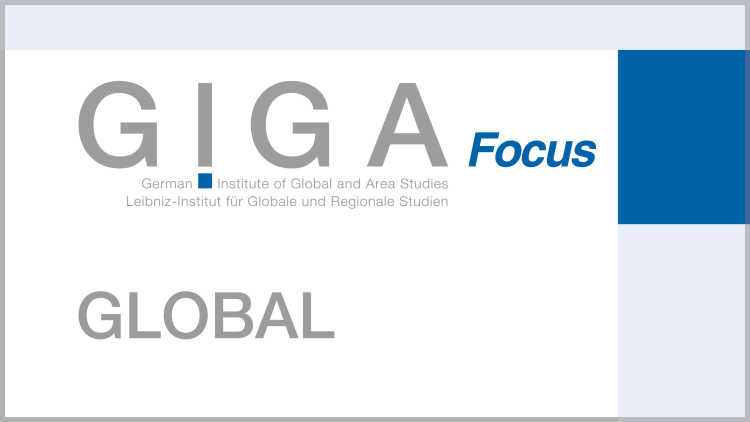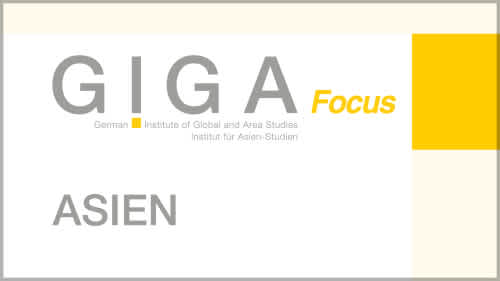- Home
- Publications
- GIGA Focus
- The ISAF Withdrawal from Afghanistan: Perceptions and Reactions of Regional Powers
GIGA Focus International Edition English
The ISAF Withdrawal from Afghanistan: Perceptions and Reactions of Regional Powers
Number 5 | 2012 | ISSN: 1862-3581
At a conference in Tokyo on 8 July 2012, Afghanistan’s donors pledged 16 billion USD in reconstruction aid over the next four years. At the NATO Summit in Chicago in May 2012, a comparable sum had been committed to supporting the Afghanistan National Security Forces (ANSF).
Analysis
The international community is anxious to reassure the Afghan government that it will not be left to fend for itself after the International Security Assistance Force (ISAF) troops are withdrawn at the end of 2014. Nevertheless, the fear remains that a power vacuum and another takeover by the Taliban could throw the country into turmoil once again.
The destabilization of Afghanistan would most affect the neighboring countries. Yet despite sharing similar threat perceptions, these states are pursuing very different goals in Afghanistan that impede effective regional cooperation.
The US, which would like to see its influence in Afghanistan maintained, curbs all initiatives that are not in line with its interests.
The US is pursuing the vision of an economically integrated region in which Afghanistan will be the central stretch of a new "Silk Road" between Central and South Asia, and the Middle East and East Asia. The implicit notion is that economic integration will lead to increased stability in the security sector, but at best, that would only be attainable in the long term. In the short term, it is more likely that political differences between the regional states will hinder economic cooperation.
China and India are aiming to more closely incorporate Afghanistan in regional organizations within their own spheres of influence. Both nations fear a post-2014 destabilization of Afghanistan that would directly affect their security – especially through the strengthening of Islamist terror groups.
Other states are also concerned about the developments in Afghanistan. Iran, for example, is pursuing an ambivalent policy, fearing both the continuation of American influence after 2014 and a Taliban takeover.
Footnotes
Regional Institutes
Research Programmes
How to cite this article
Destradi, Sandra, Nadine Godehardt, and Alexander Frank (2012), The ISAF Withdrawal from Afghanistan: Perceptions and Reactions of Regional Powers, GIGA Focus International Edition English, 5, Hamburg: German Institute for Global and Area Studies (GIGA), http://nbn-resolving.de/urn:nbn:de:0168-ssoar-315004
Imprint
The GIGA Focus is an Open Access publication and can be read on the Internet and downloaded free of charge at www.giga-hamburg.de/en/publications/giga-focus. According to the conditions of the Creative-Commons license Attribution-No Derivative Works 3.0, this publication may be freely duplicated, circulated, and made accessible to the public. The particular conditions include the correct indication of the initial publication as GIGA Focus and no changes in or abbreviation of texts.
The German Institute for Global and Area Studies (GIGA) – Leibniz-Institut für Globale und Regionale Studien in Hamburg publishes the Focus series on Africa, Asia, Latin America, the Middle East and global issues. The GIGA Focus is edited and published by the GIGA. The views and opinions expressed are solely those of the authors and do not necessarily reflect those of the institute. Authors alone are responsible for the content of their articles. GIGA and the authors cannot be held liable for any errors and omissions, or for any consequences arising from the use of the information provided.




